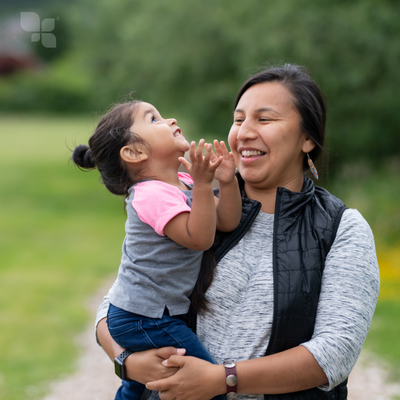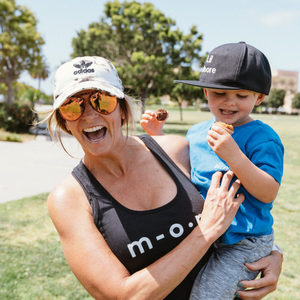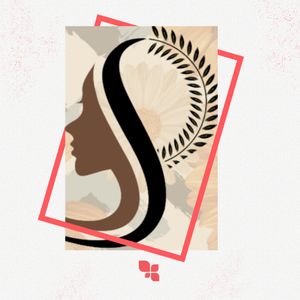At FIT4MOM, we believe in the power of community to uplift and empower each other. This month, we're focusing on a critical issue impacting countless mothers: the disparity in maternal health outcomes for Indigenous communities.
The statistics are alarming. In the United States alone, Indigenous women are two to three times more likely to experience complications during pregnancy and childbirth compared to white women. Globally, the picture is even bleaker. A 2019 report by UN Women found that Indigenous women in some regions are five to six times more likely to die from pregnancy-related complications.







